The desire to move, to change, to grow, to learn is sometimes unquenchable. No matter what the experience, clarity comes with time. "If You Plant A Seed Today, It Won't Grow By Tomorrow. But If You Water And Feed It Everyday, Eventually You Will See The Flowers!" - Victoria Uzzell
Low Carb Diabetes Influencers
These people are dedicated to spreading knowledge about low carb for diabetes management. They work tirelessly as doctors, nurses, professors, researchers and community-builders. Thank you to each of these people, and the many more who are not listed here, for your work as a "Low Carb Diabetes Influencer."
Dr. Bernstein Interview Part 1- How We Can Help
Lisa of diaVerge.com conducted an hour long in-person interview with Dr. Richard K. Bernstein. Read about her experience and an interview excerpt on how we can help Dr. B continue his practice and spread his knowledge and research. Full interview to be posted later this week.
Inexpensive, Quality Protein Sources
Although protein isn't the main focus of LCHF, it's the most expensive. Here are a few ways that you can help to stretch your low carb grocery budget, while including the necessary protein. Do you practice all of these tips? What works best for you and your family?
An Overview of Dr Bernstein's Plan for Diabetes
There are many recommendations for the management of diabetes but low carb eating, along with modern medicine, is the best treatment to avoid long term diabetic complications. Listed here are at-a glance tips from Dr. Bernstein's Diabetes Solution, to help maintain your best possible health with Type 1 and Type 2 diabetes.
Low Carb Profile Week 2: Adam
This is the second of 6 weekly low carb profiles of others who are following Dr. Bernstein's recommendations for diabetes management. We're asking their diabetic history, their thoughts/feelings about eating low carb, and what changes they've seen in their lives since switching how they eat. Everyone, meet Adam.
Can't We All Just Get Along?
There's been more overt nastiness within the diabetes community. Let's agree to disagree. Let's focus on US and what our needs, motivations and goals are today. Let's realize that everyone is on this diabetes journey together. Let's be kind.
Low Carb Profile Week 1: Susanne
For each of the next 6 weeks, we'll feature an interview with a person with Type 1 Diabetes who follows Dr. Bernstein's plan for low carb eating and diabetes management. We're asking their diabetic history, their thoughts/feelings about eating low carb, and what changes they've seen in their lives since switching how they eat.
Control: How I Regulate Diabetes
Is being a control freak really a bad thing? What if I say that i don't really "control" my Type 1 Diabetes, but because of my controlled diet and corresponding small amounts of insulin, T1 Diabetes is somewhat self-regulating? Absolutely impossible? Read more....
The Low Carb Secret Ingredient
For weeks, I suffered from varying degrees of dizziness, body weakness, headache and confusion. I had trouble finding the right words and concentrating on my writing. I felt absolutely helpless.
Of course I was thinking my problems were really serious. I was convinced I had a brain tumor or degenerative neurological issue. SOMETHING had to explain the symptoms I'd been experiencing.
Treatment of Lows (Hypoglycemia)
Lows are to be respected, not feared.
A great benefit of low-carb eating is that a diabetic will no longer experience crashing lows like they did when they were eating large amounts of carbohydrates and using large amounts of insulin. When eating low-carb, lows tend to be very gradual, and since you are following the Law of Small Numbers, your body only requires a very small correction to get to the ideal blood glucose level of 83 mg/dL.
The Law of Small Numbers
The primary Diabetes management concept Dr. Bernstein recommends to achieve normal blood glucose numbers is "The Law of Small Numbers." Dr. B explains it like this:
"Big inputs make big mistakes; small inputs make small mistakes.” Dr. Bernstein's Diabetes Solution (p. 108)
So, what does this mean for your everyday eating plan and blood glucose control? What should you do?
(I Will Not Be) Blinded by Science
Before the introduction of food science/food technology, before the development of 90% of the grocery items we have available today, we had food. Real food. There were whole foods that you had to prepare and cook at home.
There were few restaurants and fewer packaged goods, so everyone cooked: with meat, butter, lard, full-fat cream, and a ton of fresh vegetables, many grown at home.




